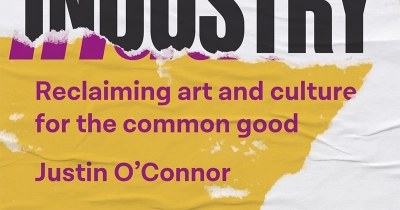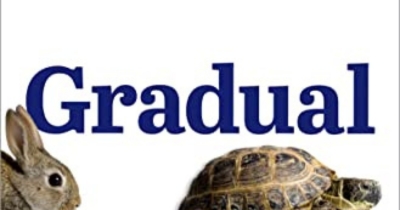Policy
Culture is Not an Industry: Reclaiming art and culture for the common good by Justin O’Connor
by Wilfrid Prest •
Gradual: The case for incremental change in a radical age by Greg Berman and Aubrey Fox
by Glyn Davis •
Policy announcements are a peculiar kind of theatre, and Labor’s launch of its new five-year arts plan, Revive, was a strong example of the genre. It was held at Melbourne’s iconic Espy in St Kilda, a venue where arts audiences were treated to words of encouragement from Minister Tony Burke on his speaking tour to spruik the submissions process in 2022, and where ‘DJ Albo’ once entertained a modest crowd.
... (read more)What’s Wrong with Addiction? by Helen Keane & Modernising Australia’s Drug Policy by Alex Wodak and Timothy Moore
by Desmond Manderson •
Drugs and Democracy: In search of new directions by editors Gregory Stokes, Peter Chalk, and Karen Gillen
by Desmond Manderson •





